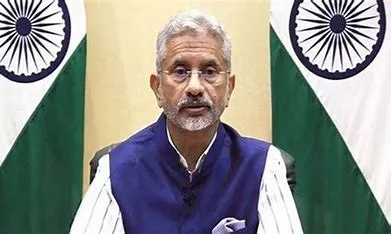A Delhi court has acquitted a man of charges of cruelty and dowry death, stating the prosecution had “miserably failed” to establish that he subjected his deceased wife to any cruelty or harassment.
Additional Sessions Judge Manika presided over the case against Jitender Gahlot, where the Dabri police station filed a chargesheet under Indian Penal Code (IPC) sections 498A (husband or relative of husband subjecting a woman to cruelty) and 304B (dowry death).
The court, considering the prosecution’s case, stated that Jitender Gahlot’s wife, Neelam, committed suicide by hanging on January 24, 2018, alleging cruelty and harassment for dowry. It was said that the accused married the deceased on July 31, 2017.
“The prosecution has failed to prove that there was any unlawful demand for any property or valuable security made by the accused, Jitender Gahlot, from the deceased or any person related to her,” the order reads.
Regarding allegations of Gahlot physically assaulting his wife after consuming liquor, along with subjecting her to “all kinds of harassment beyond her tolerance,” the court identified “deficiencies and inconsistencies” in the statements of the deceased’s mother, daughter, and brother.
The court highlighted that the deceased’s mother did not witness any beating incident, and her testimony was based on “hearsay.”
The court observed that the deceased’s brother, Bablu, claimed his sister confided in him about beatings and torture by her husband, urging him to take her away, stating she would otherwise die. However, the court emphasized the brother’s silence about the steps he took after his sister’s plea for help.The court concluded, “This compels this court to conclude that this witness (brother) did not take any steps or act upon the cries for help made by the deceased. Such conduct on the part of a brother is unnatural. The testimony is therefore not found to be reliable.”

















